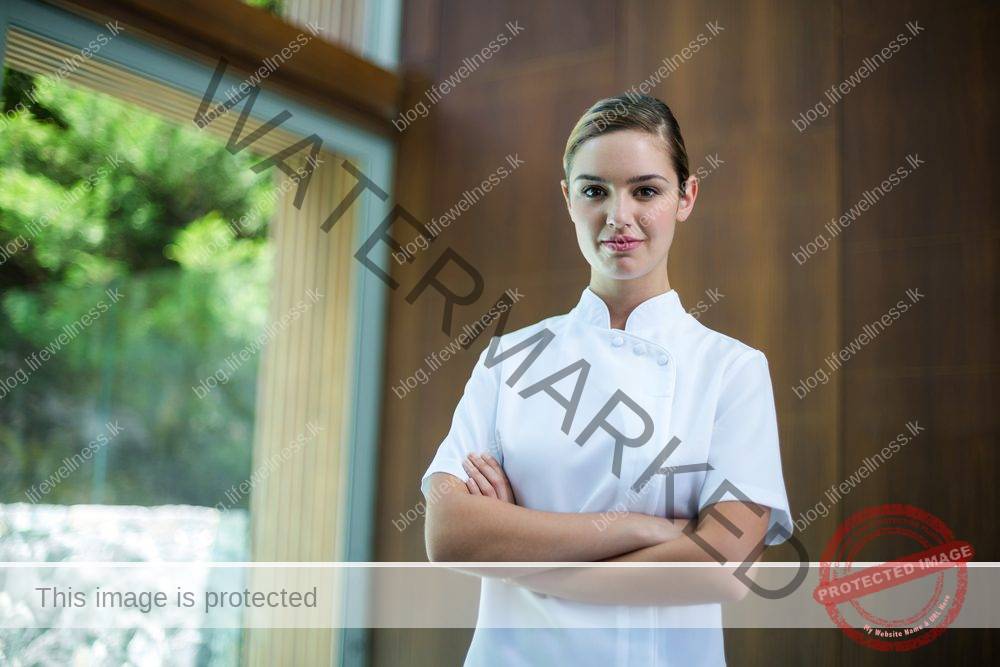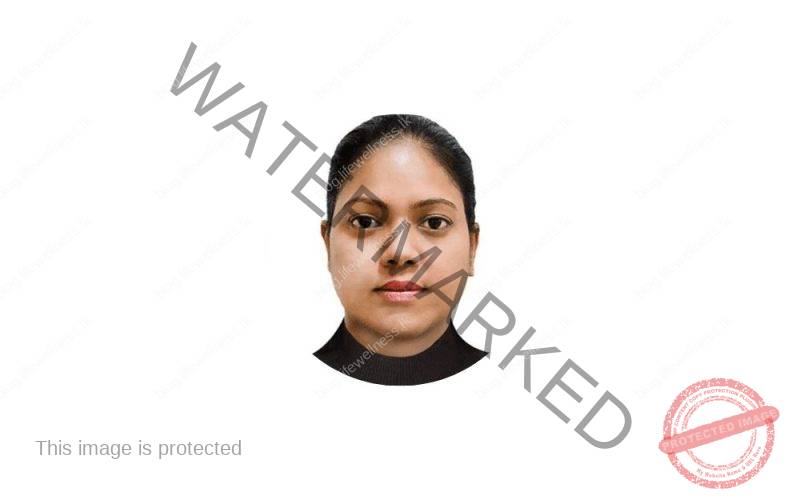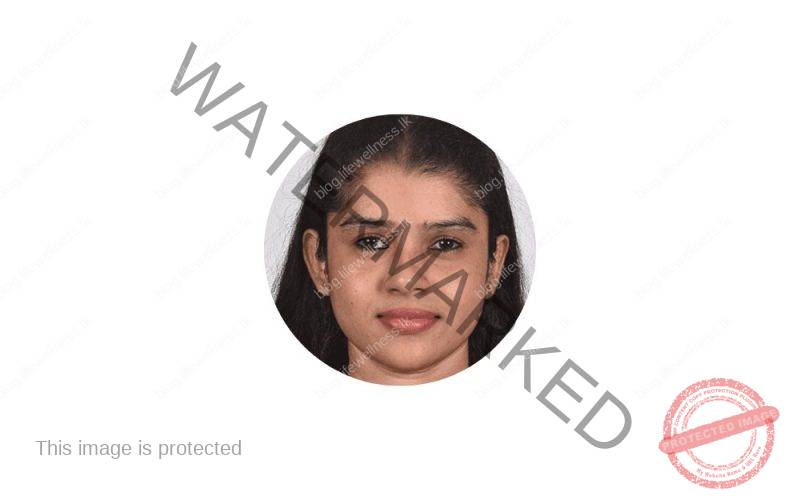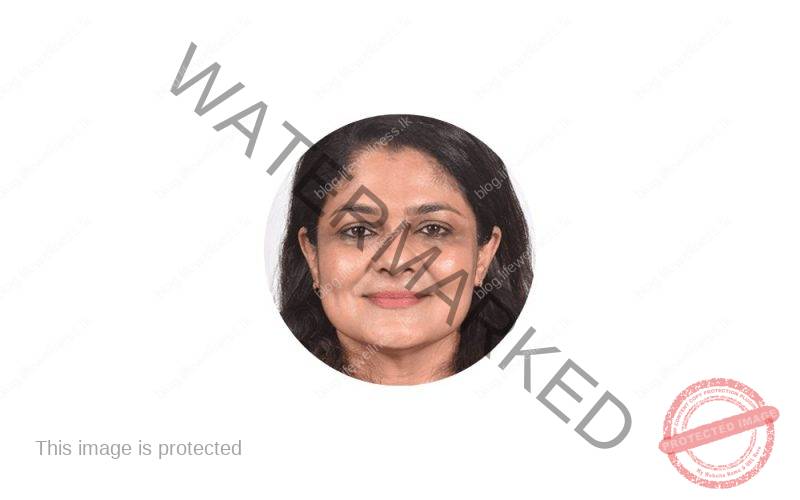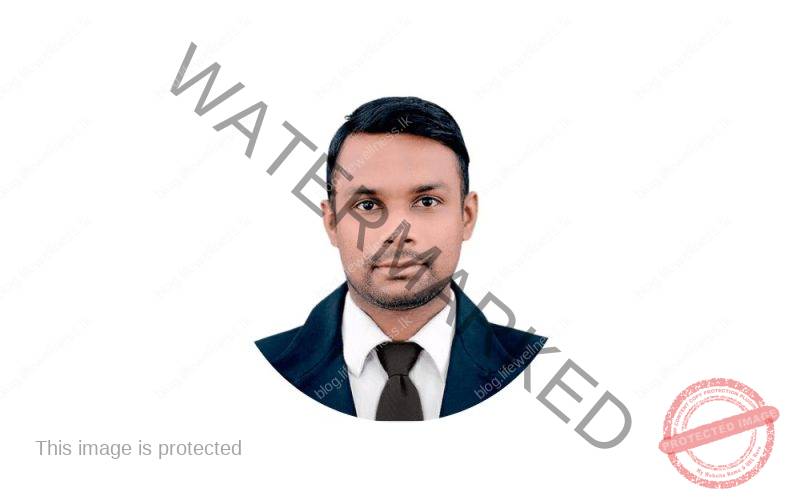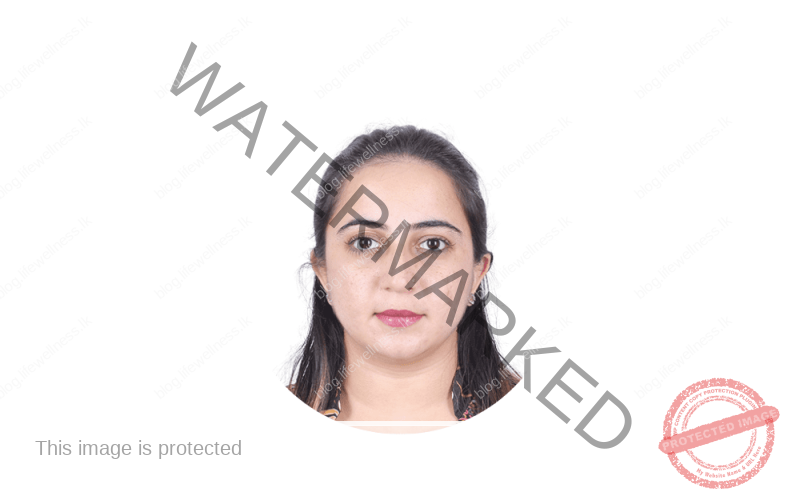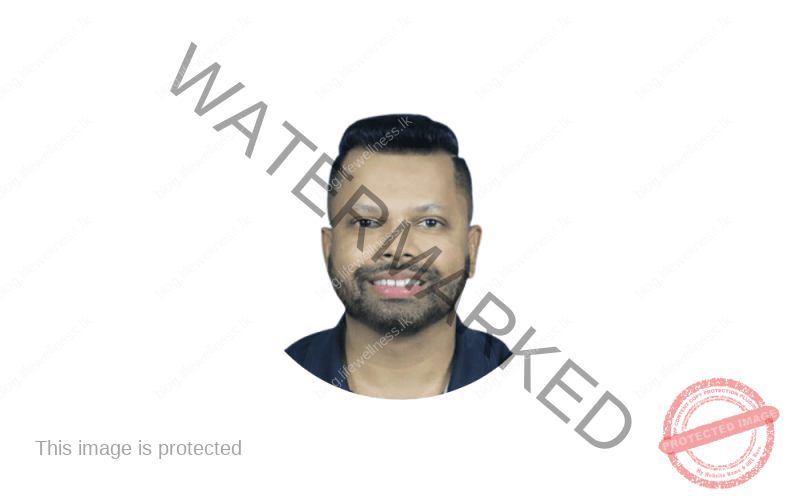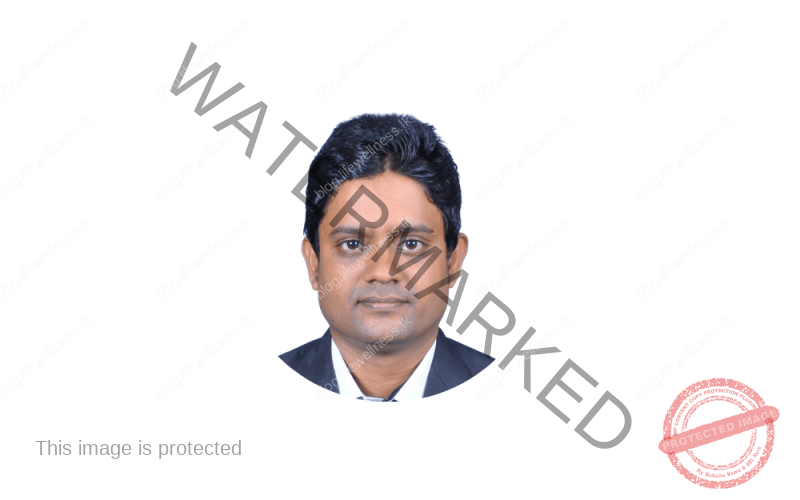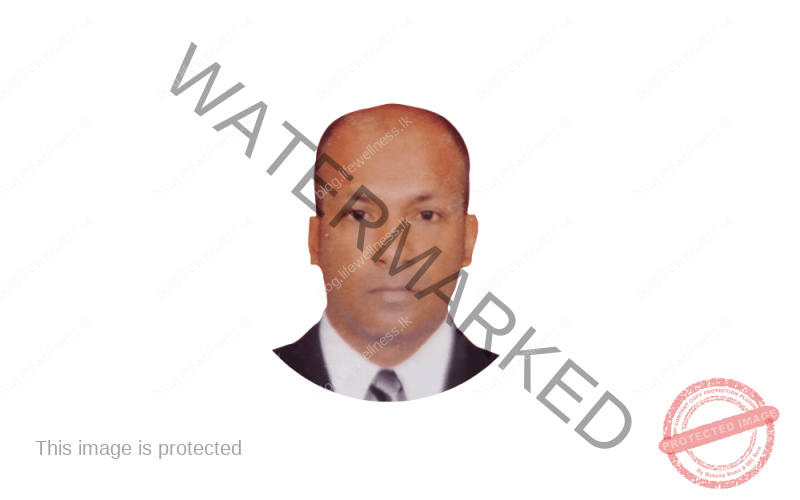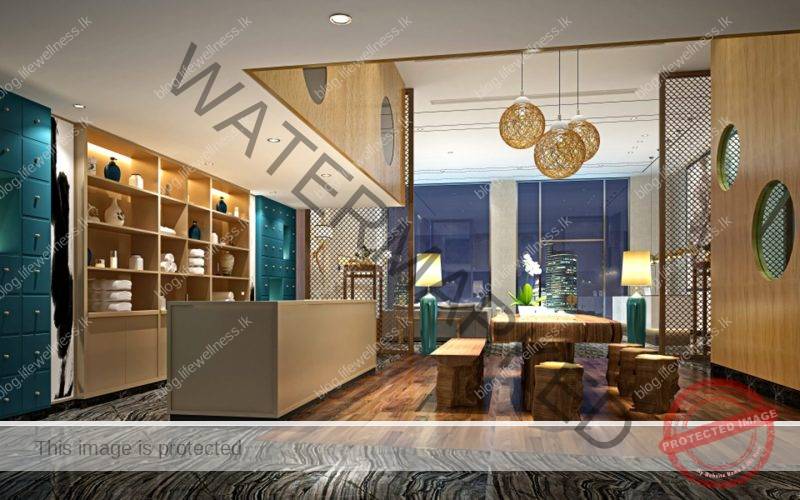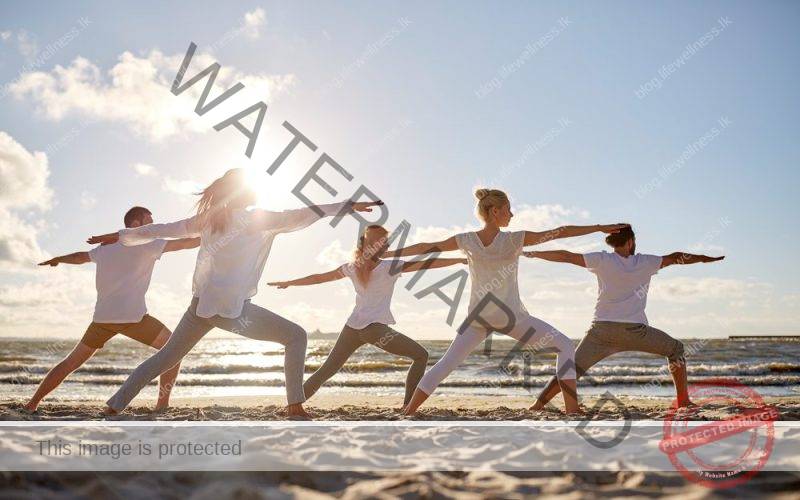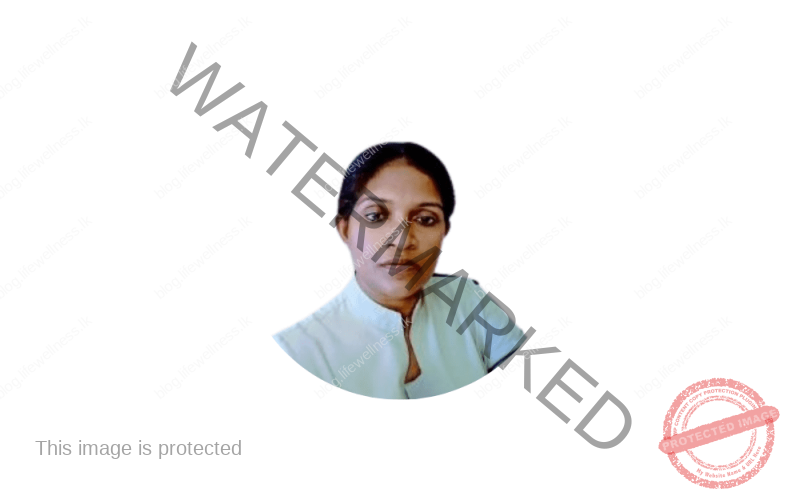Spa Therapist Training In Sri Lanka
Have you ever thought about the qualification of the spa therapist your soft tissues are left to be handled by?
Many countries make it mandatory for a spa therapist to go through comprehensive and extensive training before they can be qualified to offer a massage or treatment to anyone. The standards differ from country to country. Sri Lanka, for instance, have spa therapists in hotels and resort spas who only underwent a few hours of training before they were employed.
It is has been made a standard for spa therapists to go through a series of training for at least 60 hours in an international spa training college; this amount of time is likely to increase soon. Due to the acceptance of this world standard for professional spa therapists, Sri Lanka has experienced significant growth over the last ten years in its Spa services becoming the top-ranking country in service and hospitality as well as creating products accepted worldwide. Sri Lankans are known to be naturally hospitable and accommodating. We also take pride in our architecture fused with natural scenery as we deliver quality treatment services.
Despite this growth, there are significant indicators that point us to the fact that a new level of improvement is required to sustain and surpass the current achievements we have, bringing us to a higher international standard. Let’s take a look at some of these indicators.
The increased expectancy of the spa guests
Due to Sri Lanka’s record, many guests who have experienced a quality spa treatment and service will expect the same level of quality and even more when they visit any of our spas. The quality each guest will experience is solely dependent on the quality of training the spa therapist possesses.
Improved Expertise of the Spa Therapists
Spa Therapists have to be able to make their guests feel entirely comfortable by sharing their expertise in being able to discuss and use relevant medical information to proffer personalized treatment to the guests.
Understanding the difference between well-being and pampering
A lot of enthusiastic spa-goers are aspired to live a healthy life and look forward to spa therapists to have the ability to offer treatments with beneficial effects, as well as counsel on exercise, diet and suggested products that can be used at home.
Meeting the needs of the dynamic spa guests
The Spa isn’t just meant for one person. There are men, women, senior citizens, pregnant women, and all age brackets and genders coming to use the spa as part of their routine. The spa therapist should be able to provide relevant and tailored information according to the uniqueness of each guest.
Increased price sensitivity
Many guests would come with the mind of paying lesser than what they would in their home countries. The pricing strategy has to be refined for the rivalry pricing systems in hotels and spas to be balanced.
The need for differentiation and focus
As time advances, there is a need to create a clear cut between spas that indeed offer authentic and effective treatments as opposed to those who provide the trendy treatments to gain customers.
Increased yearning for more knowledge by spa therapists
Spa therapists are beginning to realize how they directly affect the quality of the services they provide to their guests. As such, thorough knowledge of human anatomy, application of healthy body mechanics, breathing techniques, and the ways to accurately attend to a customer’s physical and emotional needs are all the topics that spa therapists are yearning to learn about, this knowledge includes:
- Anatomy & Physiology
- Palpatory literacy
- The range of authentic massage modalities
- Pathology
- Energy, healing and the power of touch
- Intention, presence, and connection
- Nutrition
- Application of healthy body mechanics
- Guest care and work ethics
- Assessment and communication skills
The guests should be able to feel as much comfort with their therapists as possible, and for this to happen, the therapist must be confident. Confidence only comes from correct understanding and knowledge, real understanding and knowledge also come from the right learning atmosphere. The best feeling for guests is when they know their therapists have accurate knowledge and not some sequence of memorized information.
To develop this foundational skill and knowledge, spa therapists need to invest in extensive training before learning the treatments offered in their spas.
Effective learning in Spa therapy training environment
- Is highly interactive
- Ensures spa therapists practice on models to evaluate their standards
- Includes practice hours and teaching hours in fair balance
- Is knowledge-based and cross-referenced to Anatomy and Physiology
- Connects theory with practical skills
- Develops the spa therapist through regular feedback
- Challenges the spa therapist intellectually and practically
- Is supported by international certification to make the industry more attractive to people choosing their future career
Without this training, the spa therapists will be ill-prepared to cater to the ever-increasing demand as well as the expectation of the spa guests. This training creates a “win-win situation.” Spa guests will experience better treatments tailored to their needs, while spa therapists will have more confidence and joy in doing their work. Spa operators will also experience a higher level of satisfied and happy customers who would spread the news and help attract more clients and the expansion of the business.
So, the next time a spa is selected for your treatment, you will be keen about the qualification of your spa therapist. Spa Operators who truly care about their guests will invest wisely in their therapists to give them the best knowledge.

